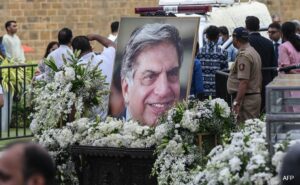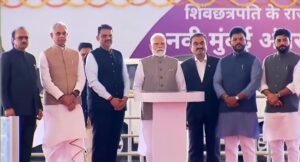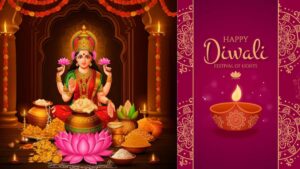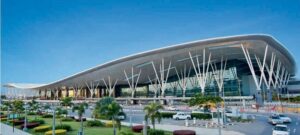Maharashtra’s Pioneers of Freedom: Revolutionaries Who Shaped India’s Struggle
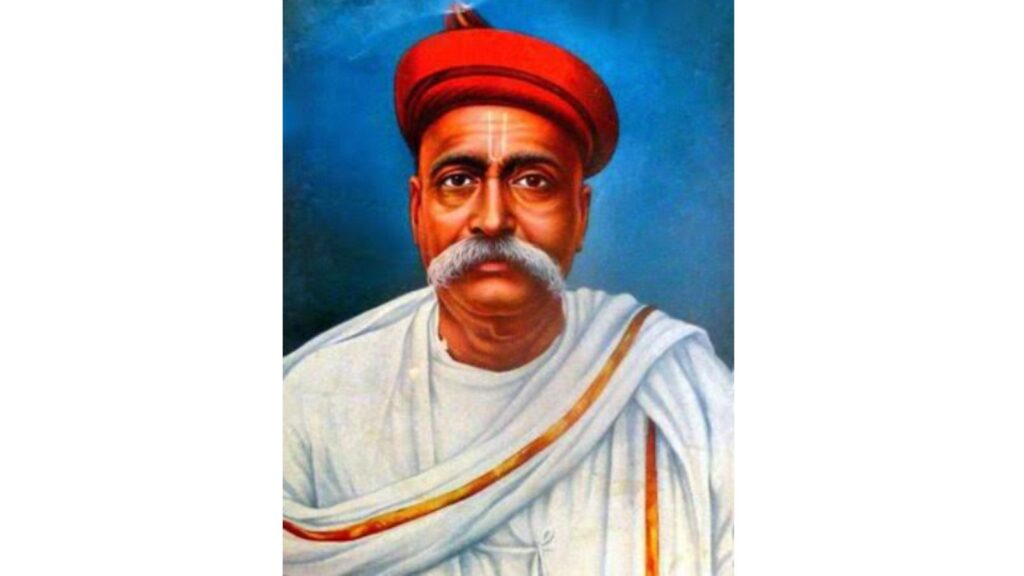
Maharashtra’s Pioneers of Freedom: Revolutionaries Who Shaped India’s Struggle
Maharashtra played a decisive role in India’s freedom movement, producing a remarkable range of leaders, thinkers, and fighters whose approaches spanned armed rebellion, social reform, and constitutional politics.
Bal Gangadhar Tilak, revered as “Lokmanya,” became one of the earliest mass leaders of the independence movement, declaring, “Swaraj is my birthright.” Vasudev Balwant Phadke, often called the “Father of the Indian Armed Rebellion,” organised armed revolts against the British as early as the 19th century.
The state also nurtured stalwarts of social reform. Savitribai Phule, India’s first female teacher, opened the doors of education to girls, while Vinoba Bhave, a close associate of Mahatma Gandhi, championed non-violence and land reform through the Bhoodan movement. Sane Guruji devoted his life to uplifting the marginalised, and Narayan Malhar Joshi became a pioneer of the trade union movement, founding the All India Trade Union Congress.

Maharashtra’s revolutionary streak shone in figures like Anant Laxman Kanhere, who assassinated British officer A.M.T. Jackson in 1909, and Krushnaaji Narayan, linked to the 1897 assassination of British officials. Pandurang Mahadev Bapat, known as Senapati Bapat, led the Mulshi Satyagraha and advocated self-sacrifice as a political tool.
Other influential names include Bhikaji Cama, who hoisted the first Indian flag in Germany in 1907; Gopal Krishna Gokhale, a moderate leader advocating constitutional reforms; Jagannath Shankarsheth, a philanthropist and educationist; and Keshavrao Jedhe, a Congress leader active in the Civil Disobedience Movement. Vimal Ranadive and V.D. Bhatavdekar contributed through trade union leadership and early documentary filmmaking, respectively.
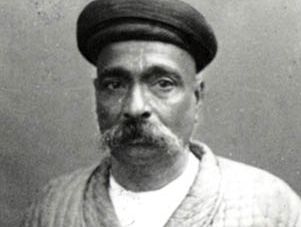
Sardar Vallabhbhai Patel, though better known nationally, shared deep political connections with Maharashtra’s leaders. Figures like Rango Bapuji Gupte and Vinayak Damodar Savarkar added ideological depth, Savarkar’s nationalism and Hindutva advocacy sparking both inspiration and controversy.
Together, these individuals embodied the diversity of Maharashtra’s contribution to the freedom struggle, from underground armed resistance to reformist education, from international advocacy to grassroots mobilisation. Their efforts reflect the region’s unique blend of courage, intellect, and social conscience in the fight for India’s independence.





